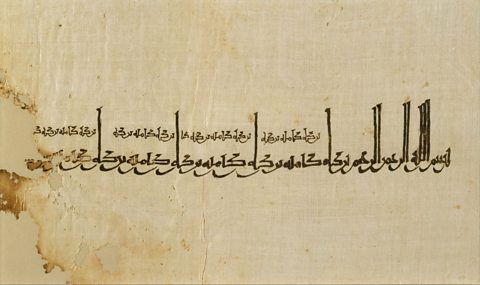What was the Golden Age of Islam?
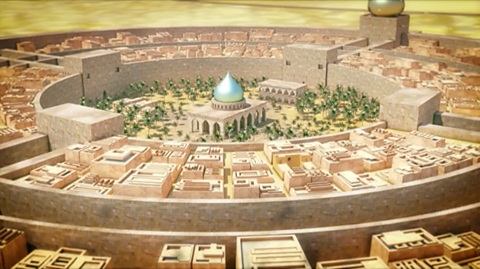
The Golden Age of Islam saw an explosion of ideas, inventions and learning.
Baghdad became the centre for science, maths and more!

Why were there so many inventions?
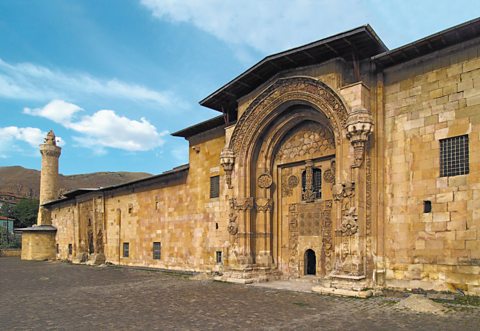
- The Abbasid caliphs (leaders) wanted people to learn.
- The city had a number of libraries, universities, hospitals, schools and the famous House of Wisdom.
What was the House of Wisdom?
The House of Wisdom was a huge academy where people studied.
It had a big library and even an observatory where people could look at the night sky.
Lots of important books were kept in the House of Wisdom.
People translated ancient Roman and Greek texts into Arabic so more people could read them.
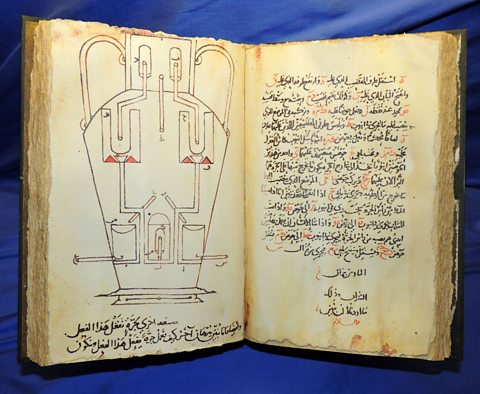
Watching the stars
- Islamic astronomers improved the astrolabe.
- It was a device that allowed travellers to find their way, a bit like a compass.
- People used the astrolabe to identify the position of the sun and stars to plan their routes.
- Muslims could also use it to find the direction of Mecca for prayer.
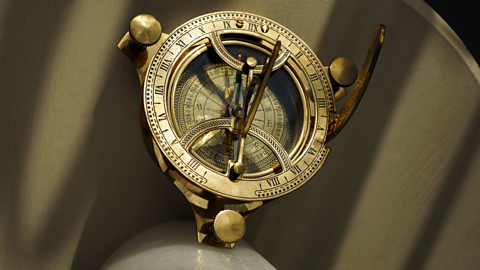
Maths and science
Today, we use the Hindu Arabic number system (0,1,2,3,4,5,6,7,8,9) which was founded in India.
Mathematicians in the early Islamic world like Al-Khwarizmi introduced the system to Europe.
It was much simpler to use than Roman numbers.
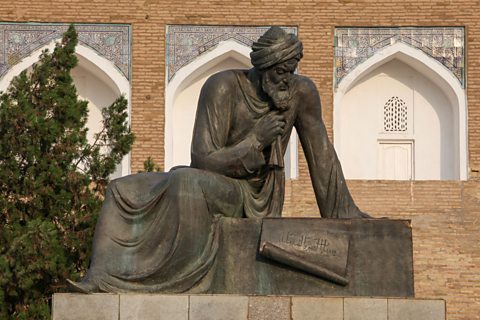
Ibn al-Haytham was a scientist who carried out experiments. He studied how the human eye worked. He invented an early type of camera that helped explain how the eye sees.
Medicine
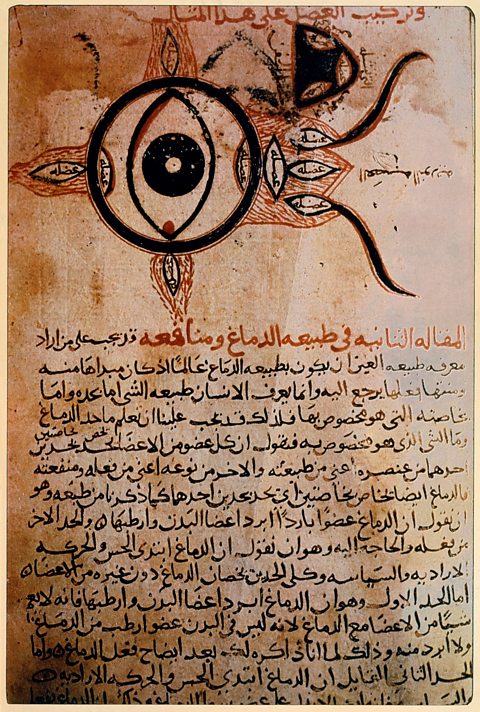
Hospitals in the early Islamic civilisation were some of the first in the world and treated rich and poor people.
They also had special hospitals for teaching.
Doctors studied the body and how to treat it for different diseases.
They wanted to find out more about organs like the heart and how they worked.
Look at the table below to find out more about important figures in early Islamic medicine.
| Name | What did they study and write about? |
|---|---|
| Al-Razi | Studied diseases in children and how the brain worked. |
| Ibn Sina | Wrote an encyclopedia looking at lots of areas of medicine. It was used in universities. |
| Al-Zahrawi | Wrote a textbook about surgery and described how to use different medical tools. |
| Ibn Nafis | Studied how the heart worked and how blood moved round the body. |

Activity: Quiz – Early Islamic inventions
Bitesize Primary games. gameBitesize Primary games
Play fun and educational primary games in science, maths, English, history, geography, art, computing and modern languages.

More on Islamic civilisation
Find out more by working through a topic
- count1 of 10
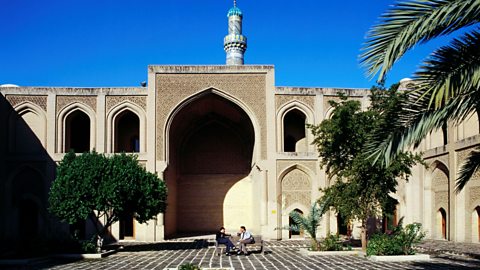
- count3 of 10
